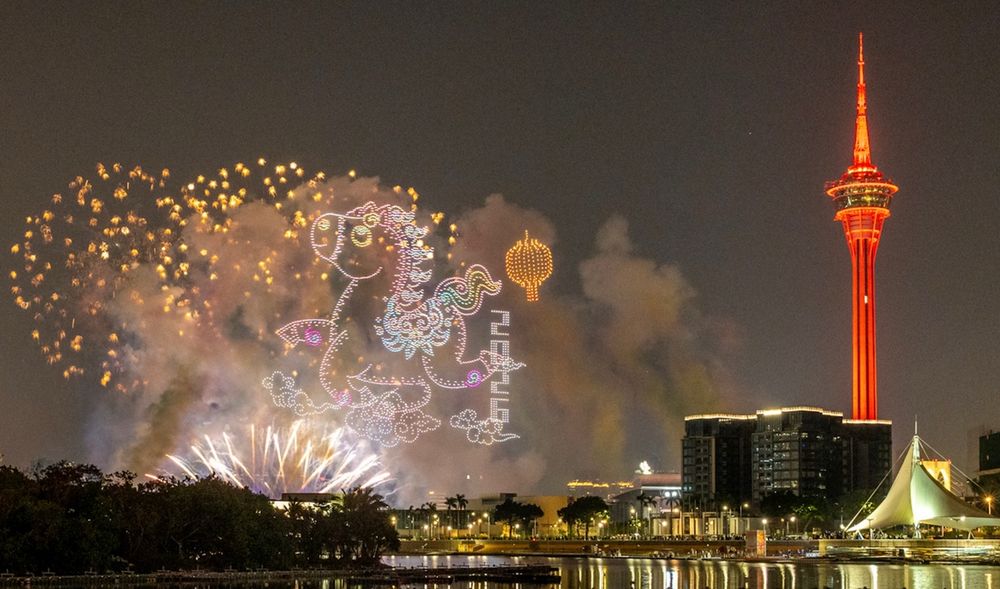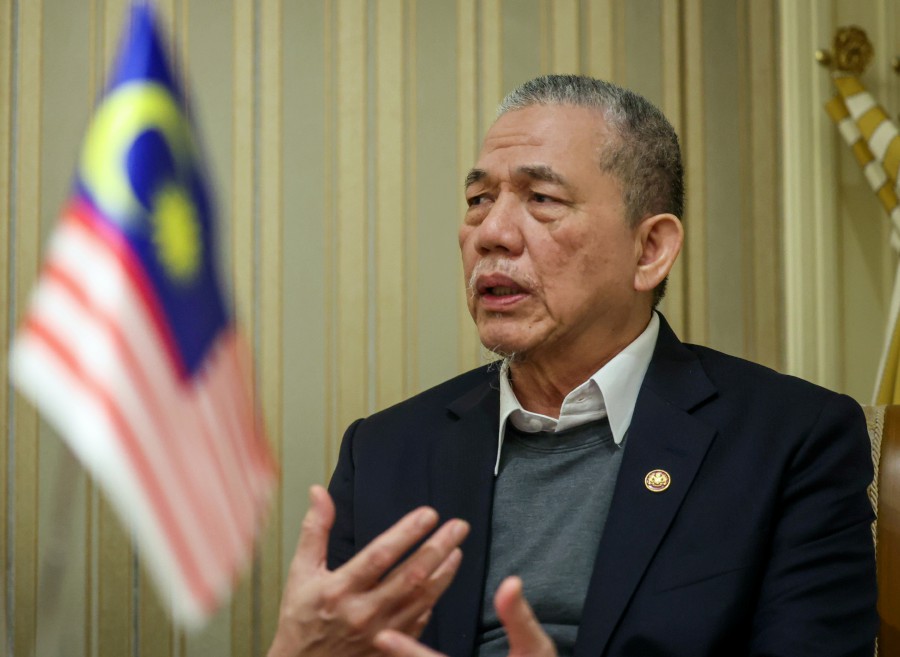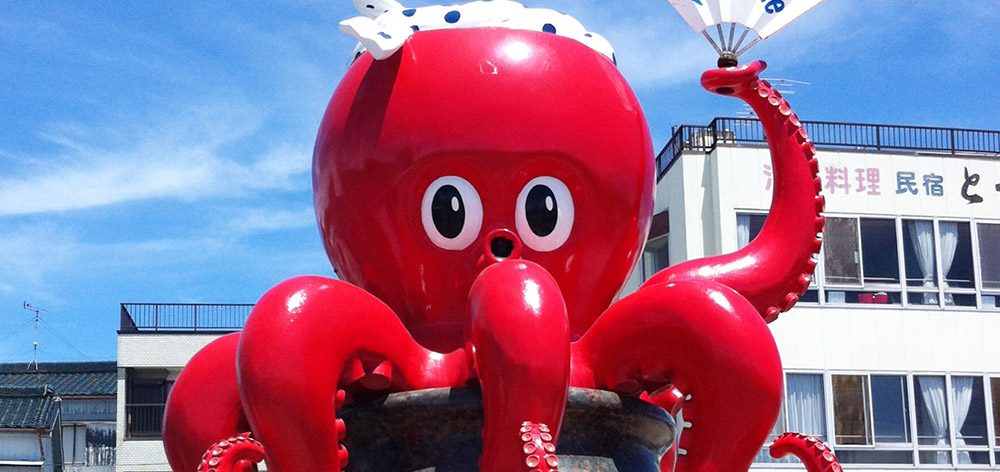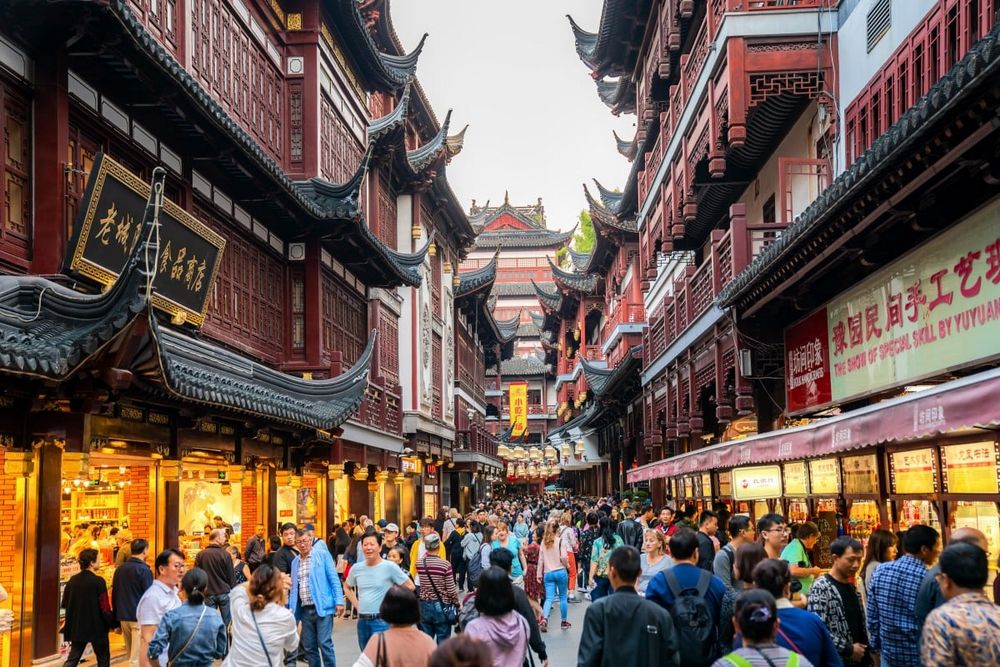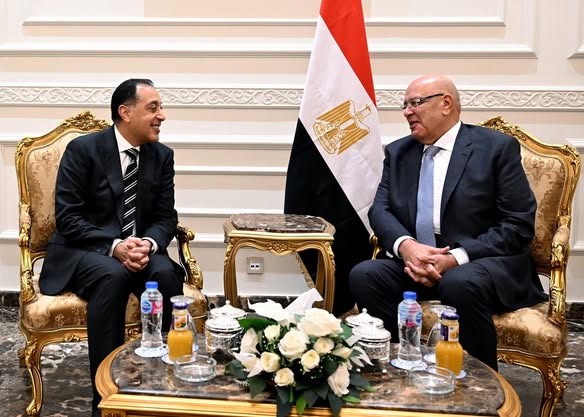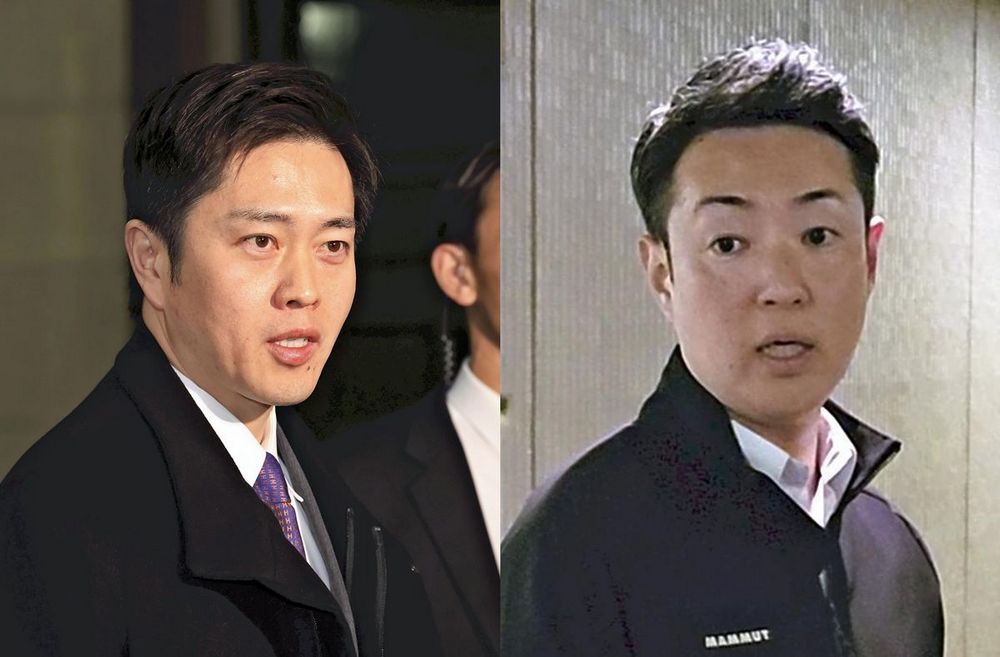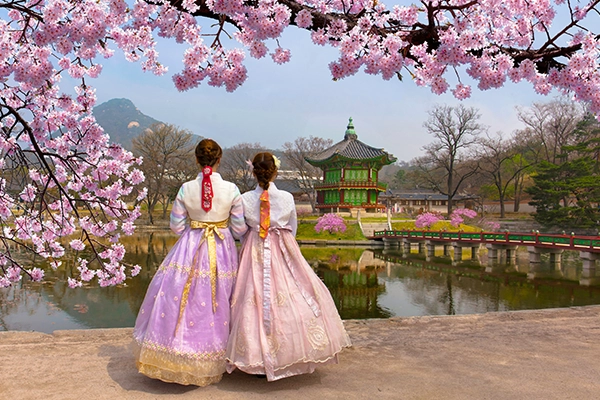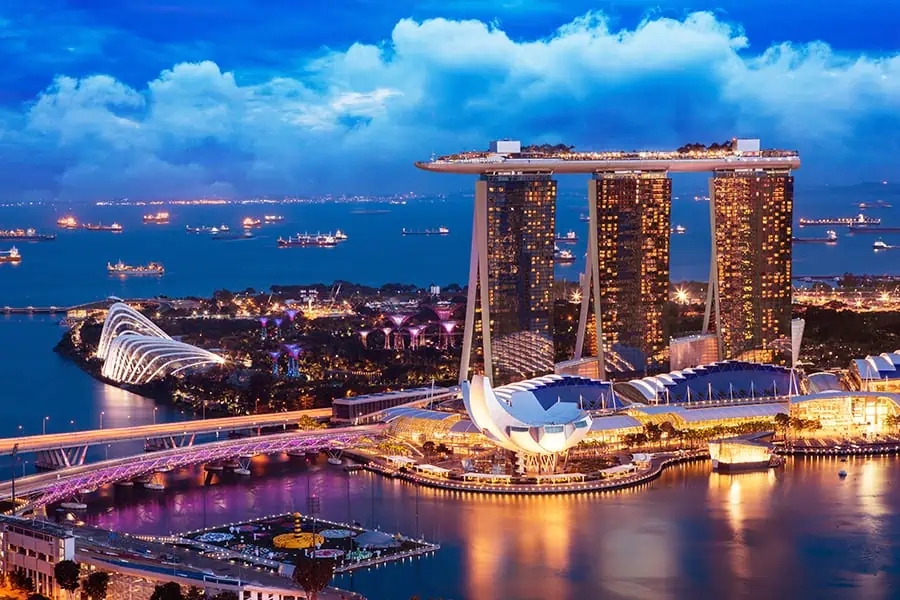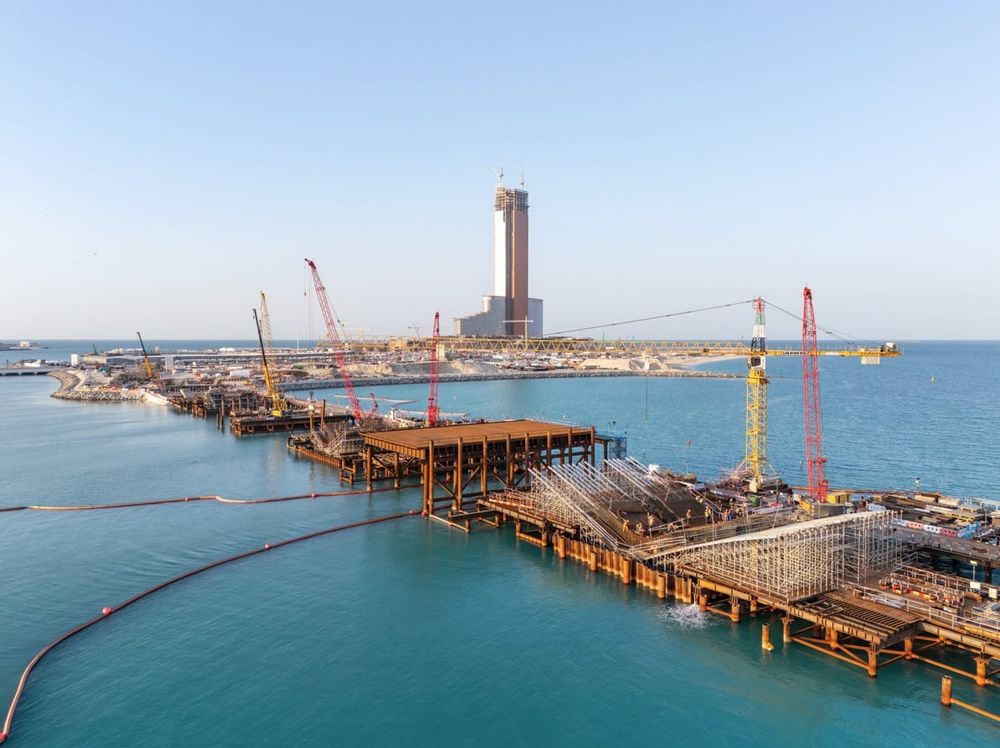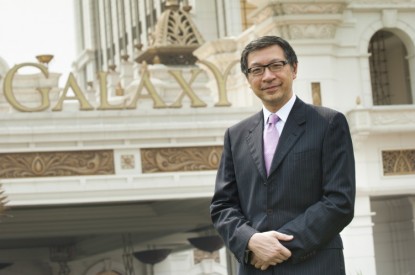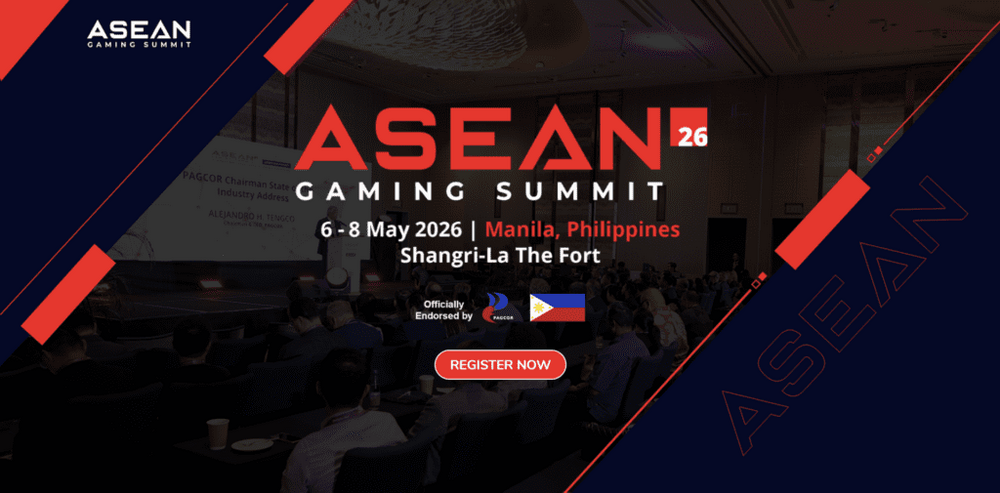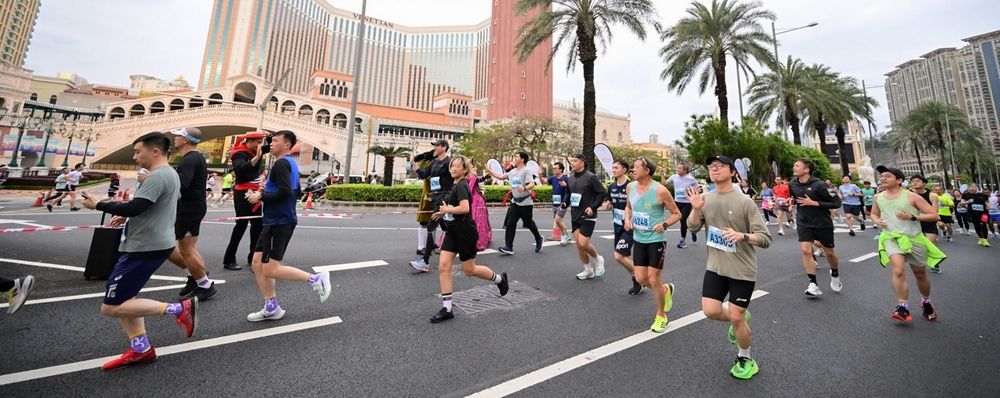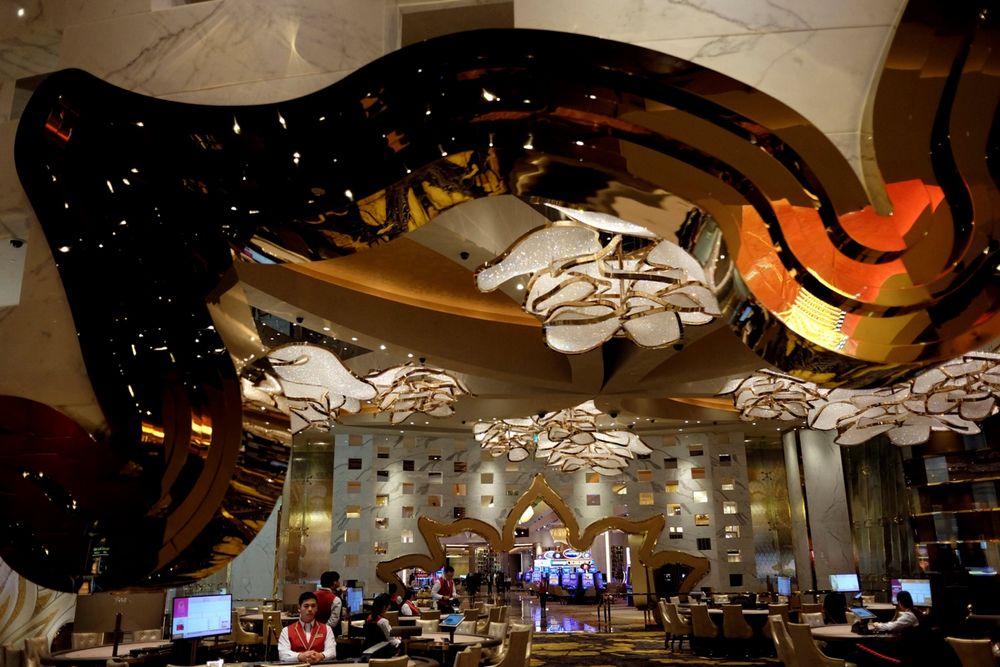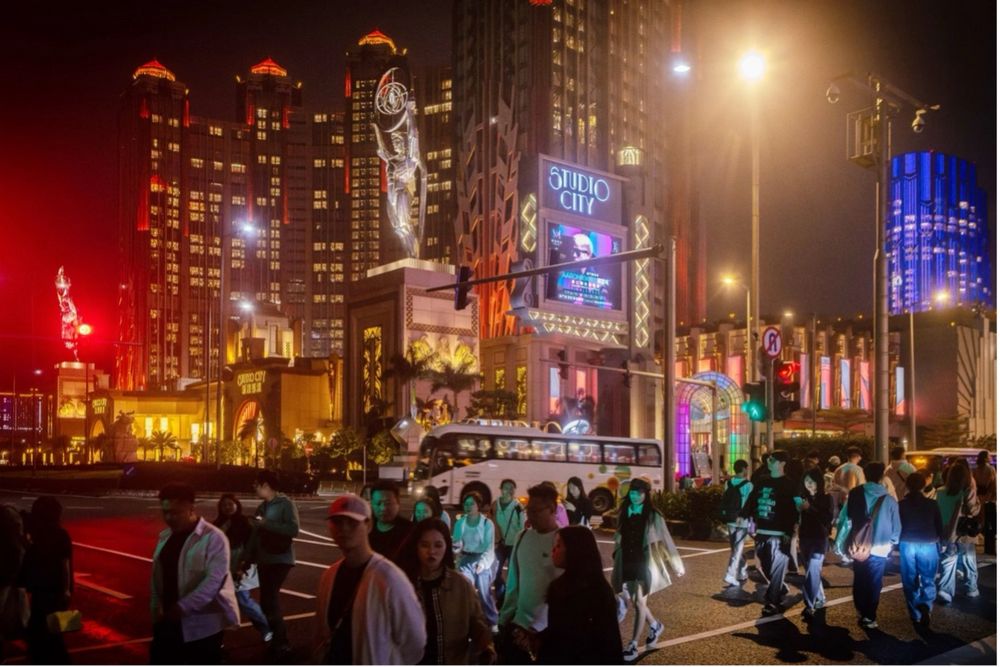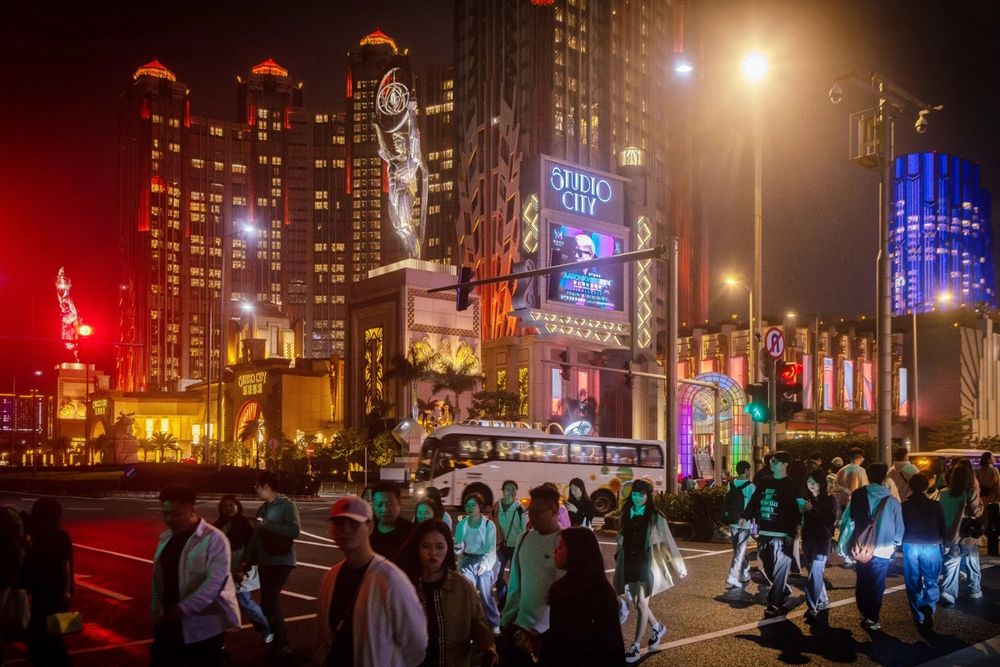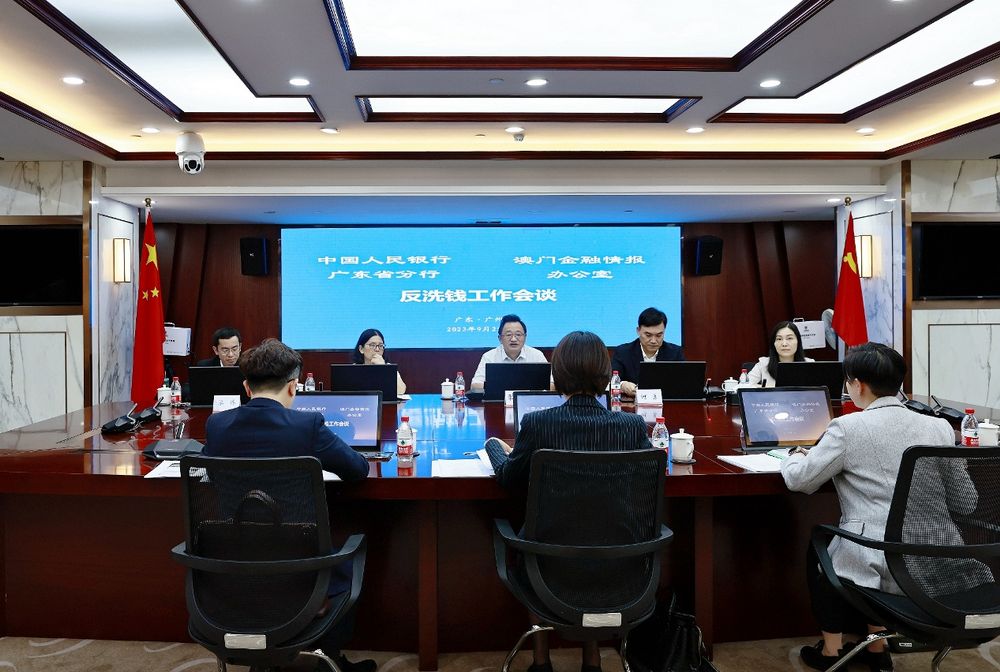During his recent visit to Macau commemorating the 25th anniversary of its return to China, President Xi Jinping lauded the region's achievements under the "one country, two systems" framework. He emphasized the "healthy and orderly" development of Macau's gaming industry, while underscoring the imperative for economic diversification to ensure sustainable growth.

Macau's Gaming Landscape
Since its handover in 1999, Macau has transformed into the world's preeminent gambling hub, surpassing Las Vegas in gaming revenue. The gaming sector has been the linchpin of Macau's economy, contributing approximately 80% of government revenues and employing a significant portion of the workforce.
However, this heavy reliance on a single industry has exposed vulnerabilities, particularly evident during economic downturns and the COVID-19 pandemic, which led to a precipitous drop in gaming revenues. In response, Beijing has been advocating for Macau to diversify its economic portfolio, reducing dependence on gambling and fostering sustainable development.

Xi Jinping's Address
In his address, President Xi acknowledged the strides made in regulating and developing the gaming industry within legal frameworks, contributing to Macau's status as a world-class tourism and leisure center. He stated, "With the gaming industry developing in a healthy and orderly manner in accordance with the law, Macao, as a world-class tourism and leisure center, continues to offer new services, and major emerging industries are booming."
Xi's remarks underscore the central government's support for Macau's efforts to maintain stability and prosperity while adhering to the "one country, two systems" principle. He also highlighted the necessity for Macau to diversify its economy, urging the region to "demonstrate stronger resolve and greater courage in reform and innovation" to break new ground in its development.
Economic Diversification Efforts

In alignment with Beijing's directives, Macau has initiated several projects aimed at economic diversification:
- Hengqin Cooperation Zone: Established in 2021, the Guangdong-Macao In-Depth Cooperation Zone in Hengqin has facilitated the development of industries such as high-end manufacturing, traditional Chinese medicine, financial services, and cultural tourism. As of September 2024, the zone has attracted over 6,400 Macao enterprises and more than 16,500 Macao residents, aiding in reducing overdependence on the gaming sector.
- Non-Gaming Investments by Casino Operators: Major casino operators have pledged substantial investments in non-gaming sectors, including entertainment, conventions, and exhibitions, to align with government policies promoting diversification. These investments aim to attract a broader spectrum of tourists and create new revenue streams beyond gambling.
Challenges and Opportunities
Despite these initiatives, Macau faces several challenges in its diversification efforts:
- Limited Human Resources: The region's small population and limited labor pool pose challenges in developing new industries requiring specialized skills. Attracting and retaining talent is crucial for the success of diversification strategies.
- Dominance of Gaming Culture: The entrenched gaming culture and existing infrastructure make it challenging to shift the economic focus. Developing alternative industries necessitates significant investment and a cultural shift towards embracing new sectors.
- Regional Competition: Neighboring regions, such as Japan, South Korea, and Vietnam, are rapidly developing their own gaming and tourism industries, targeting the same high-spending clientele that Macau has traditionally relied on. This competition underscores the urgency for Macau to diversify and enhance its unique offerings.
Future Outlook
Macau's leadership has expressed commitment to accelerating economic diversification. The newly appointed Chief Executive, Sam Hou Fai, has pledged to reduce the region's reliance on gaming and develop other sectors such as tourism, traditional Chinese medicine, finance, and technology. This strategic shift aims to create a more resilient and sustainable economy, capable of withstanding external shocks and contributing to the long-term prosperity of Macau.











